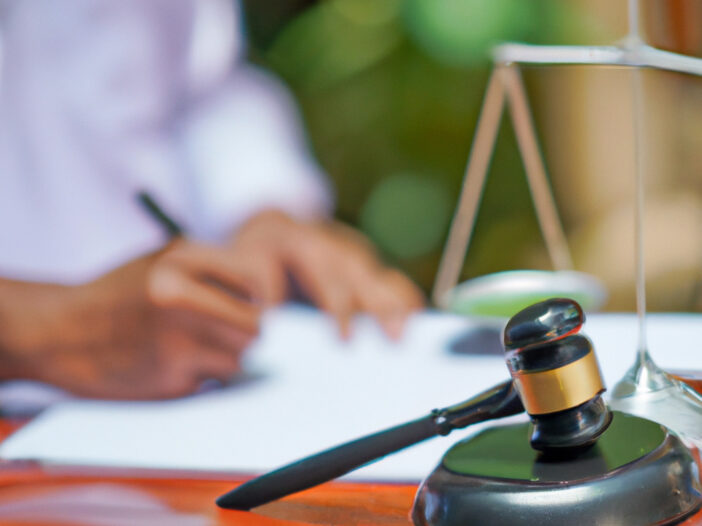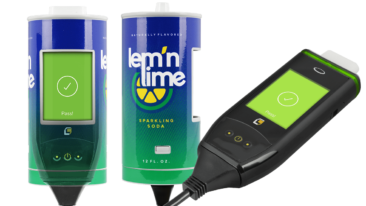
What Happens To Your License After a DUI?
Do they take your license after a DUI? Authorities will likely take your license immediately after getting a DUI. You’ll have the opportunity to appeal your charge in court, but in most states, the police officer will take your license at the time of DUI arrest.
In this blog, we’ll provide you with general information about what may happen to your license after a DUI and show the steps you can take to regain your driving privilege.
Immediate Effects of a DUI on Your License
One immediate consequence you may face after a DUI is having your driver’s license suspended. Alongside this, additional ramifications often include fines, mandatory community service, and disruption to your routine, affecting daily activities such as commuting to work or fulfilling family responsibilities.
While your license is suspended, at times lasting anywhere from 3-18 months and beyond, you’ll need to adhere to the requirements mandated by the court. This could involve having an Ignition Interlock Device (IID) installed in your motor vehicle, taking a DUI education program, or even participating in a rehabilitation program.
Process of License Suspension Post-DUI
The license suspension process varies depending on your case and your state. Here are some general steps you might experience.
- Arrest and DUI Charge
- Court-Ordered License Suspension
- Additional Requirements
● Possible requirements include an ignition interlock device, SR-22 insurance, and probation. - License Reinstatement
● Apply for reinstatement after fulfilling the suspension period and meeting all requirements.
The information provided herein is general and is not intended to and should not be relied upon or construed as a legal opinion or legal advice. You should consult your attorney to obtain advice applicable or appropriate to your jurisdiction, your particular situation, and the specific course of action you should follow.
Consequences of a DUI on License Privileges
The consequences of a DUI on your license privileges may have both short-term and long-term effects on your ability to drive. The effects can vary depending on the severity of your offense. For example, depending on if this was a first-time offense, your breath alcohol content (BAC) or even if anyone was injured while you were driving, can all have an impact on whether and how long your license is suspended.
Your driver’s license can even be permanently revoked in the most severe circumstances. For instance, if you’ve been charged with three or more DUIs, your chances of receiving a felony or lifetime suspension increase substantially.
Review your state’s DUI laws for exact details of your license revocation.
Can you drive after a DUI?
In a DUI case, you may be dealing with both the DMV and a court.
Upon DUI arrest, the DMV may initiate an administrative license suspension (ALS) for refusing a chemical test or surpassing the legal blood alcohol limit. You may be able to challenge the ALS through a DMV hearing.
A DUI conviction in criminal court can lead to the suspension or revocation of your license, with the duration depending on the severity of your offense.
Reinstating a Revoked License
So, how do I get my license back after a DUI? Reinstating a revoked or suspended license post-DUI may involve several key steps and requirements depending on your jurisdiction. First, you must serve the mandated suspension period and fulfill any required conditions, such as completing DUI education programs or community service. Additionally, obtaining SR-22 insurance, which proves financial responsibility, is often a prerequisite for reinstatement.
You may also be required to install an Ignition Interlock Device (IID) in your motor vehicle. This device requires you to pass a breathalyzer test before starting the car, serving as a preventive measure against driving under the influence.
Reach out Low Cost Interlock if you need an IID installed, contact us and schedule an IID installation appointment now. We’re here to help.
The information in this blog is for general informational purposes only. Information may be dated and may not reflect the most current developments. The materials contained herein are not intended to and should not be relied upon or construed as a legal opinion or legal advice or to address all circumstances that might arise. You should contact your attorney to obtain advice with respect to any particular legal matter. Only your individual attorney can provide assurances that the information contained herein – and your interpretation of it – is applicable or appropriate to your particular situation. Links to any third-party websites herein are provided for your reference and convenience only; Low Cost Interlock does not recommend or endorse such third party sites or their accuracy or reliability. Low Cost Interlock expressly disclaims all liability regarding all content, materials, and information, and with respect to actions taken or not taken in reliance on such. The content is provided “as is;” no representations are made that the content is error-free.
Sources:
- Driving Laws. DUI Laws by State. https://dui.drivinglaws.org/resources/state-dui-laws.htm
- GHSA. Alcohol Impaired Driving. https://www.ghsa.org/state-laws/issues/alcohol%20impaired%20driving
- NCSL. Summary State Ignition Interlock Laws. https://www.ncsl.org/transportation/state-ignition-interlock-laws
- Alcohol.org. How to Get Your Driver’s License Back After a DUI. https://alcohol.org/dui/get-license-back/

